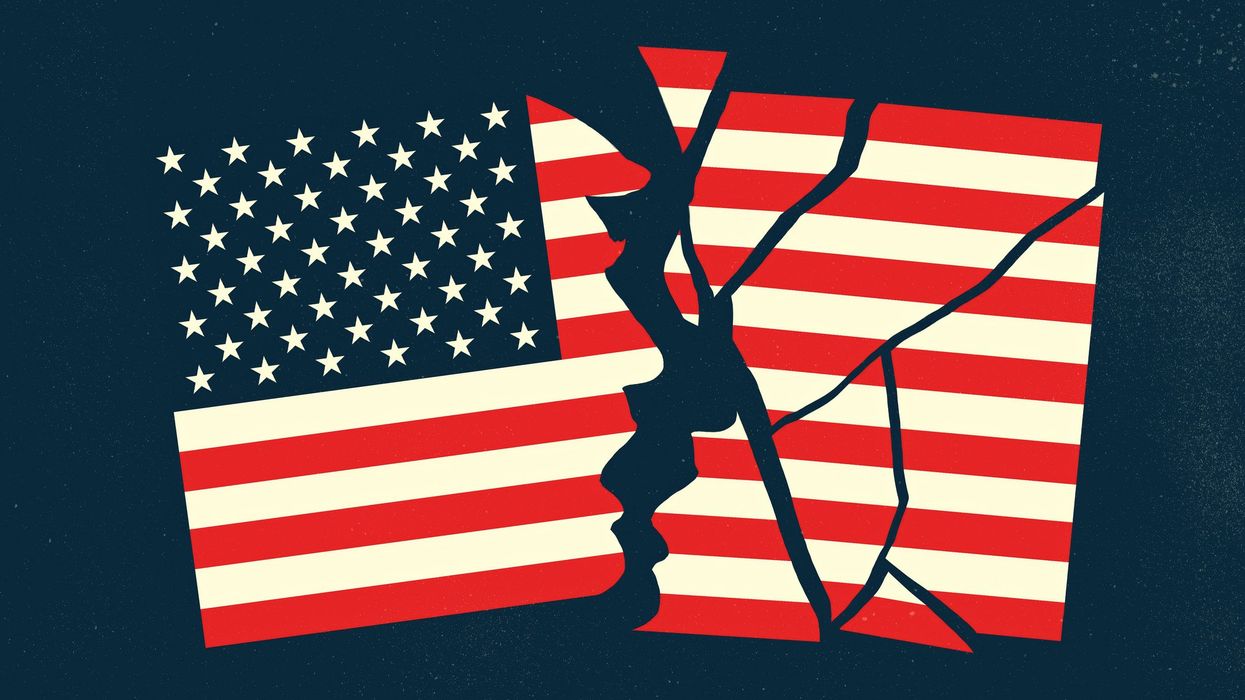Welcome to Democracy in Action, where you will find insights and a discussion with the Fulcrum's collaborators about some of the most talked-about topics.
Consistent with the Fulcrum's mission, this program strives to share many perspectives to widen our readers' viewpoints.
I spoke with these Fulcrum columnists about who controls knowledge, harming domestic violence survivors, and how Latinos are shifting religious and political preferences:
Leslie Virnelson, a Democracy Fellow with Interfaith America.
Robert Cropf, a professor of political science at Saint Louis University.
Payal Sinha, a distinguished attorney who serves as Director of Strategic Partnerships and Community Engagement at the Tahirih Justice Center.
In his column, “Why Harvard’s Fight Is Everyone’s,” Bob wrote: This is not just a fight over campus politics. It is a battle over the future of democratic governance—over who defines truth, who controls knowledge, and who prepares the next generation of civic leaders.
In the round table conversation, he said the Trump administration's freezing of $2.2 billion in federal funding to Harvard is "a sharp escalation designed to intimidate not just the school, but all of higher education. It shows that this is not about reform. It's about conquest."
In “New Law Will Likely Harm Immigrant Survivors of Domestic Violence,”Payal wrote: A tragic death sparked national attention, turning into a call to strengthen immigration enforcement to enhance public safety. However, she said many of the most vulnerable are at risk from the haphazardness with which the Trump administration is rolling out its agenda.
"30 to 50% of immigrant women in the US experience domestic violence, which is a rate higher than the general population," she said. Referencing a national study, Payal explained that many "immigrant victims were afraid to report the abuse due to the fear of being deported."
In April, the Fulcrum published Leslie's “Christian Nationalism at the Nexus of Latinos’ Shifting Religious and Political Preferences.” She wrote about a study by the Public Religion Research Institute that shows that while support for Christian nationalismin the United States remained relatively steady between 2022 and 2024, Hispanic Protestants were the only group with a dramatic increase in support.
"Latinos are not a unified voting bloc. So often on the news, they're considered as just one unit or a monolith. (But) They're a huge and rapidly growing part of our electorate that brings a wide diversity of religious and political perspectives," Leslie said.
Check out the March round table discussion:
Hugo Balta is the executive editor of the Fulcrum and a board member of the Bridge Alliance Education Fund, the parent organization of The Fulcrum. He is the publisher of the Latino News Network and an accredited Solutions Journalism and Complicating the Narratives trainer with the Solutions Journalism Network.




















